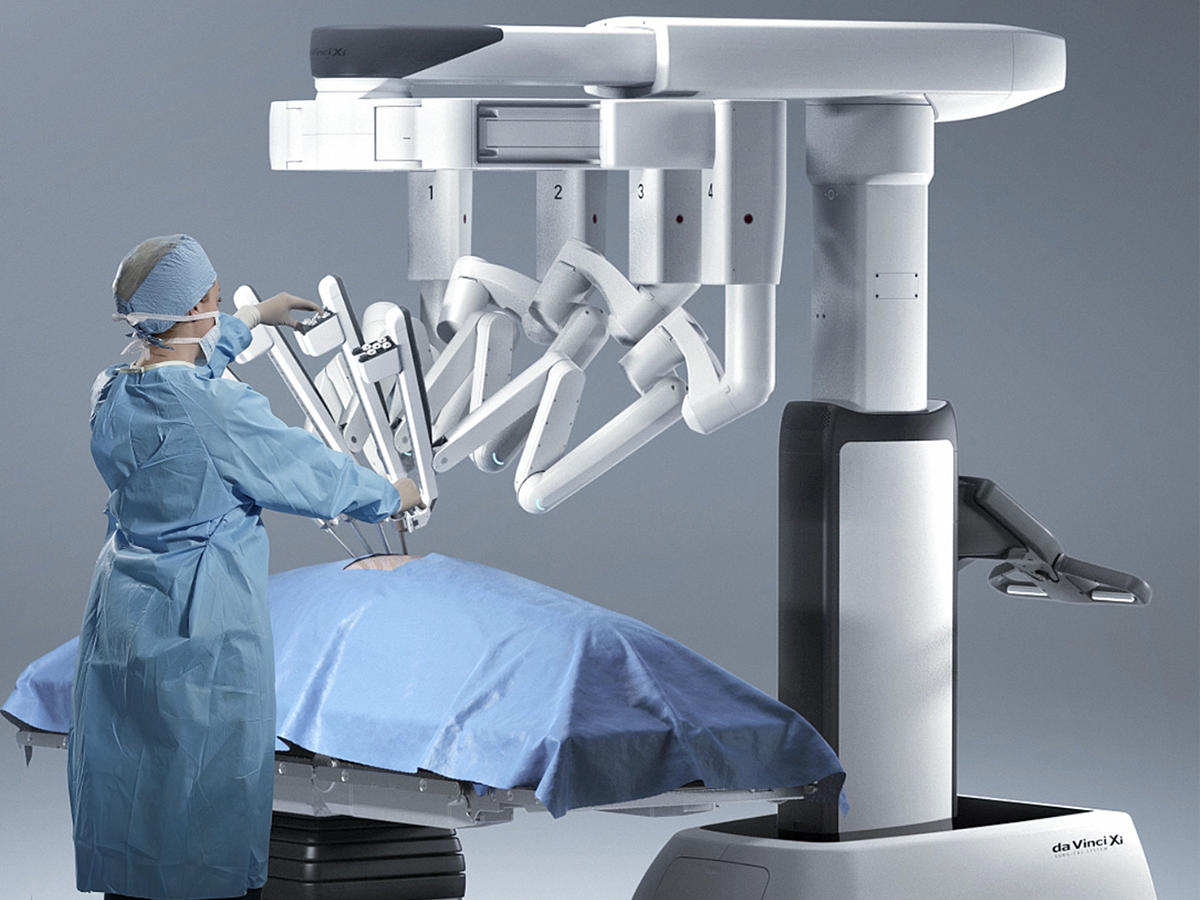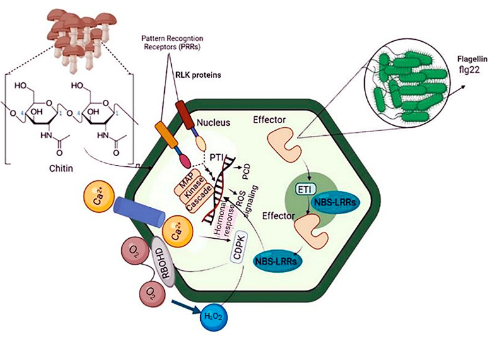Significant advances in medical technology have been made with the development and application of artificial intelligence (AI) tools in healthcare, particularly in the diagnosis and treatment of cancer. AI has demonstrated encouraging potential in helping doctors with several facets of cancer care in the last few years, from early diagnosis to individualized therapy planning.
One noteworthy instance is the artificial intelligence program Mia, which was tested in the UK with NHS physicians to evaluate more than 10,000 women’s mammograms. This AI system showed that it could identify breast cancer symptoms that human radiologists missed, highlighting more cases that medical professionals would have otherwise missed. Mia’s achievement serves as a reminder of how AI may improve cancer detection and diagnosis, which will ultimately improve patient outcomes.
Worldwide, millions of new cases of breast cancer are discovered each year, making it a severe and widespread health concern. Improved survival rates and effective treatment depend on early detection. Mia and other AI tools can be quite helpful in this regard, as they can quickly and accurately evaluate mammograms, which can result in the early identification of malignant tumors and the timely start of therapy.
Furthermore, AI in healthcare goes beyond simple diagnosis. Scholars are currently investigating the possibility of AI in forecasting patients’ likelihood of adverse events following medical interventions, like lymphedema following surgery or radiation therapy for breast cancer. Artificial intelligence (AI) can assist in identifying high-risk patients and guiding physicians in individualized care regimens to minimize side effects and improve quality of life. AI does this by analyzing vast datasets and discovering patterns linked to treatment outcomes.
To guarantee accuracy, dependability, and ethical considerations, the incorporation of AI into clinical practice necessitates thorough validation and continual improvement. Validating AI algorithms and evaluating their practical effects on patient care require clinical trials, like the Pre-Act trial that is discussed in the article. In addition, legislative frameworks and ethical standards need to be established to handle concerns about data privacy, accountability, and transparency in AI-driven healthcare solutions.
The use of AI tools in cancer care, such as Mia, presents a promising new avenue for early identification, individualized treatment, and better patient outcomes. To fully utilize AI while maintaining patient safety and wellbeing, however, continued study, cooperation between medical experts and AI developers, and ethical considerations are essential.








